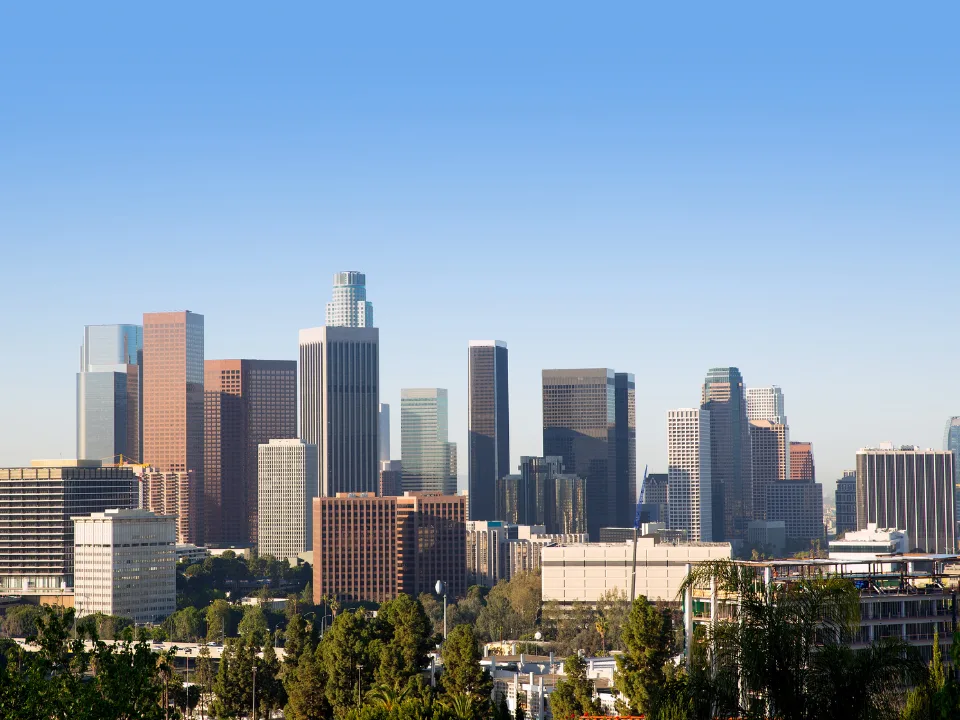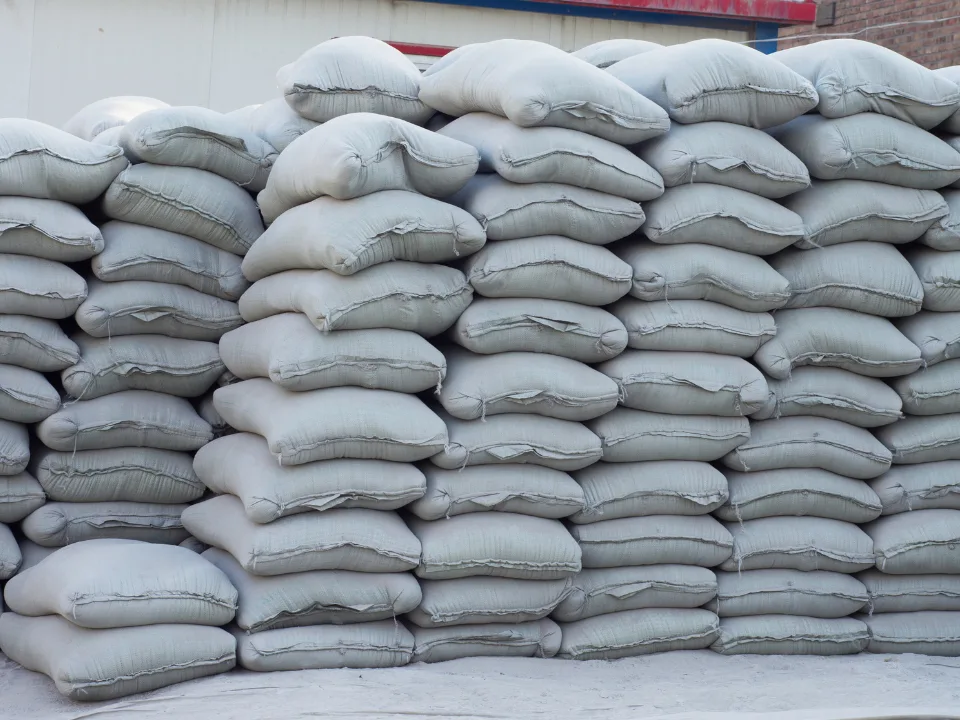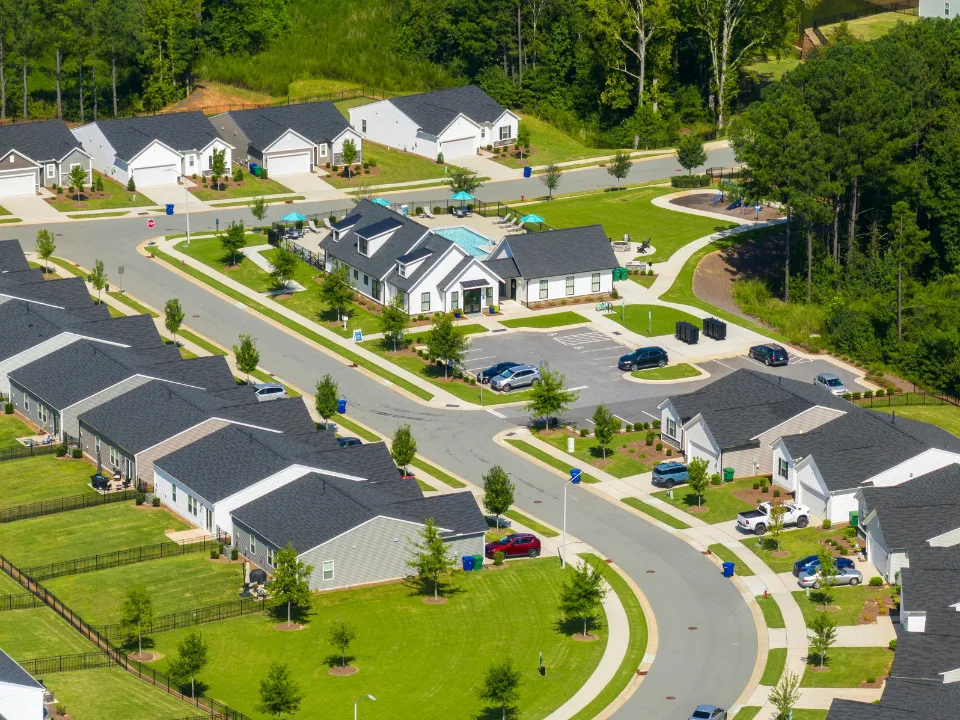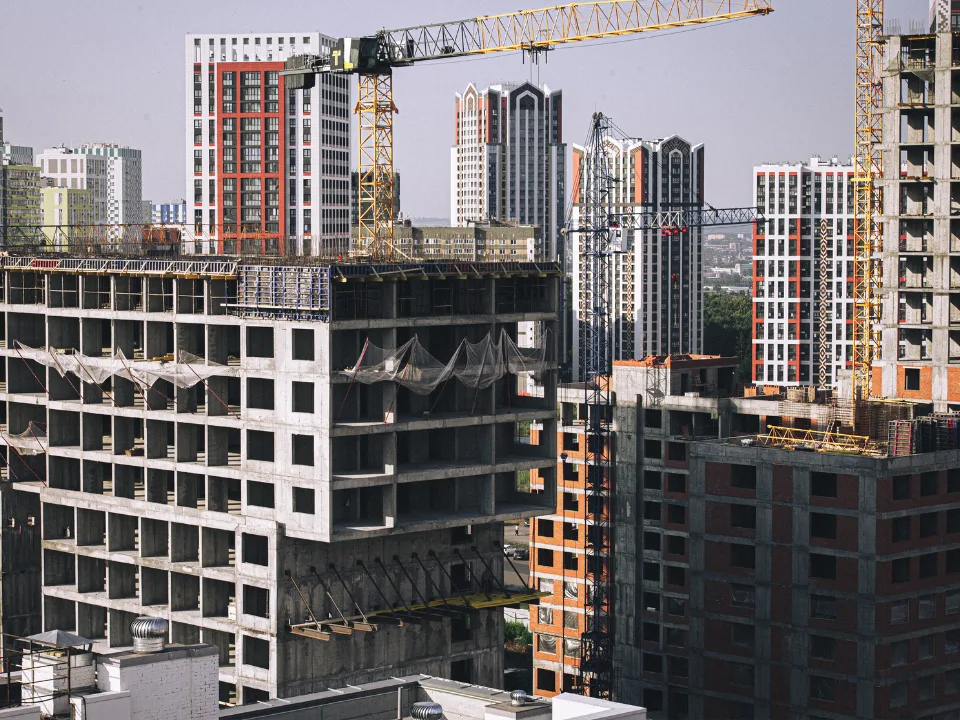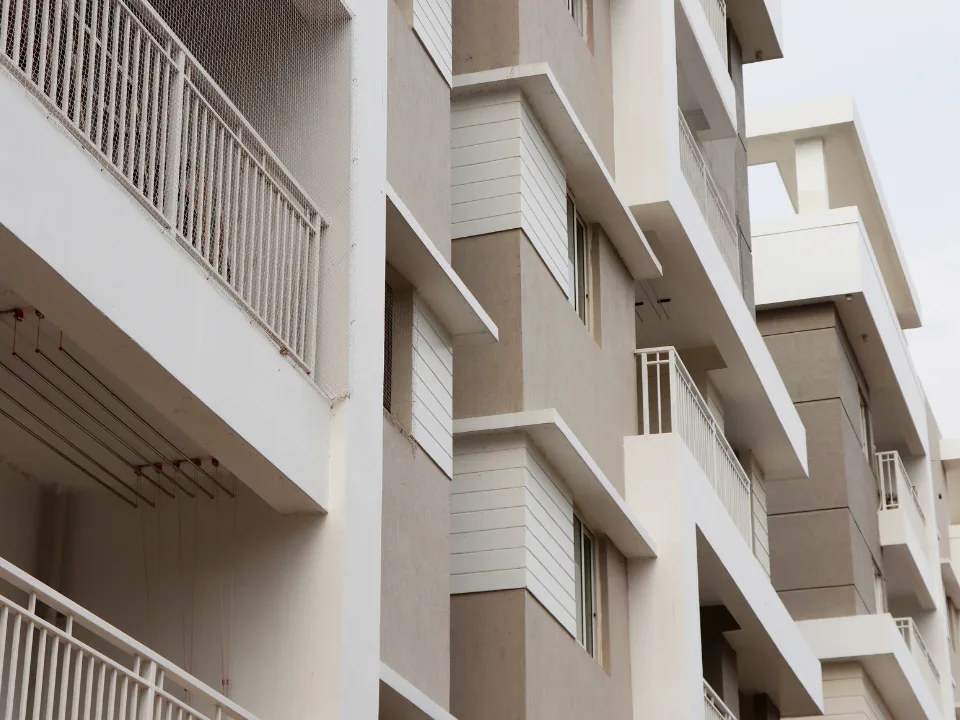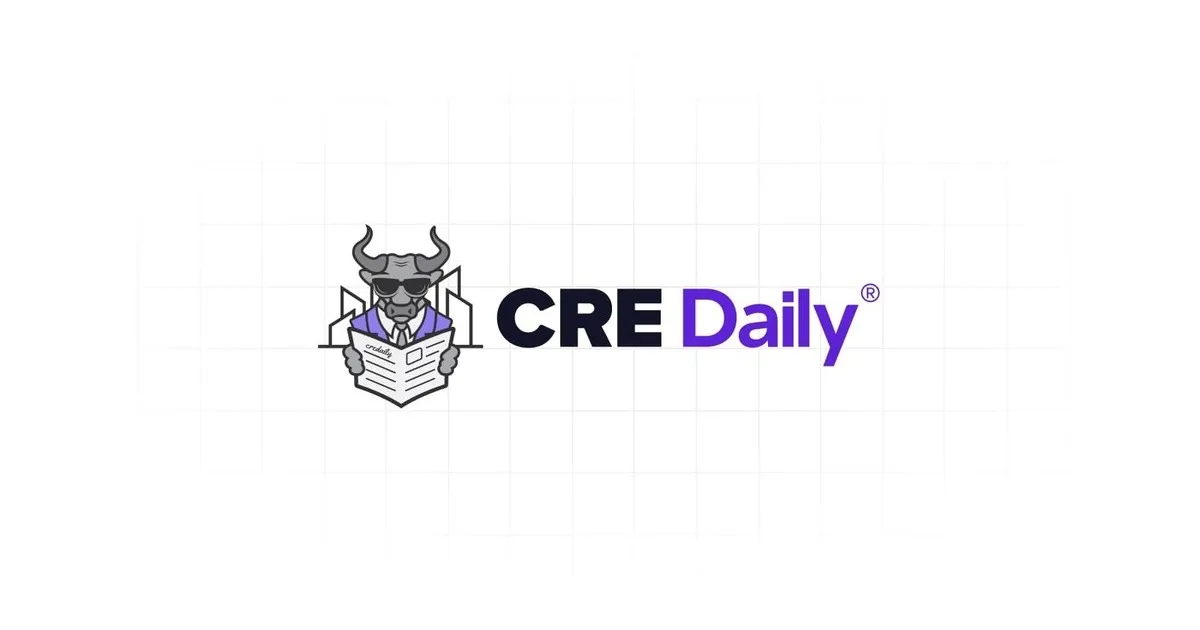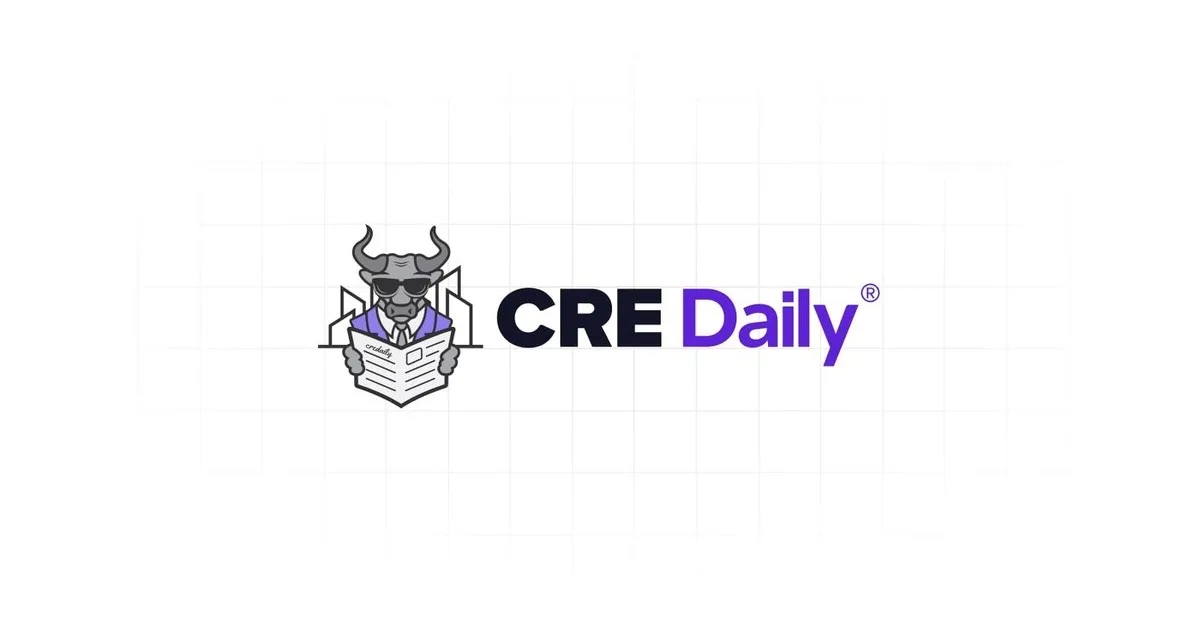- Amrize debuts on the NYSE and SIX Swiss Exchange with an expected $30B market cap.
- It is now the largest cement supplier and second-largest commercial roofing company in North America.
- The firm may benefit from tariffs, as it sources most materials domestically.
- Infrastructure and repair work are expected to drive demand despite weakness in residential construction.
A Major Market Debut
According to The WSJ, Amrize IPO, the North American spinoff of Switzerland-based Holcim, began trading Monday. Analysts expect its market capitalization to exceed $30B, making it the year’s largest spinoff so far.
Positioned for US Growth
Based in Chicago, Amrize is North America’s top cement supplier and a major player in commercial roofing. Its business spans infrastructure, residential, and commercial construction. However, housing starts in May dropped nearly 10%, hitting a five-year low.
Despite that, federal and state infrastructure projects are keeping demand stable. Spending from the 2021 $1 trillion infrastructure bill has helped offset slower residential activity.
Get Smarter about what matters in CRE
Stay ahead of trends in commercial real estate with CRE Daily – the free newsletter delivering everything you need to start your day in just 5-minutes
Tariff-Resistant Business Model
Because Amrize sources most of its materials domestically, it may benefit from potential tariffs on imported construction goods. This advantage comes as US trade policy grows more protectionist, especially around building materials.
Future Outlook and Strategy
CEO Jan Jenisch says half of the company’s business now focuses on repair and refurbishment—areas less sensitive to economic swings. He also sees data centers and US manufacturing as growth areas.
Jenisch noted that the construction industry is becoming more regional. Europe is driven by climate regulations, while the US is focused on industrial reinvestment.
Why It Matters
The Amrize IPO offers investors a new way to tap into America’s infrastructure and reindustrialization efforts. With less exposure to global supply chain risks, the company is well-positioned in a shifting construction landscape.


